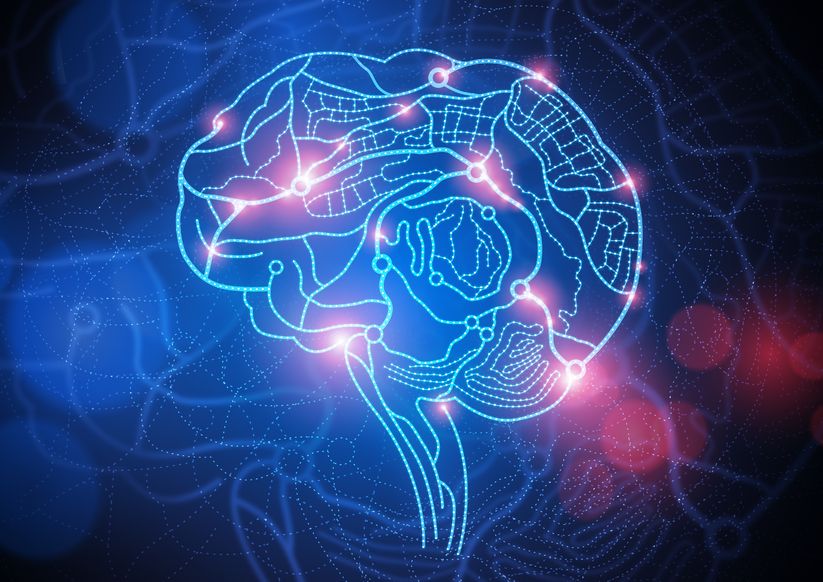As we age, our brains naturally decline. However, some people experience a much more rapid decline, putting them at risk for Alzheimer’s disease. The Brain Health Score is a tool that can help assess this risk by measuring how well the brain is functioning. In this article, we’ll explore what the score is, what it can tell us about Alzheimer’s risk, and its limitations. We’ll also discuss other factors that contribute to Alzheimer’s risk and a holistic approach to reversing cognitive decline.
What is the Brain Health Score?
The Brain Health Score is a number that indicates how well your brain is functioning. This score is obtained through functional QEEG testing, a cognitive test that measures how different parts of the brain work together. A high score means that your brain function is good, while a low score may indicate an increased risk for Alzheimer’s. However, it is important to note that the Brain Health Score is not a diagnosis of Alzheimer’s disease. A low score may indicate an increased risk for Alzheimer’s, but it is not the only factor to consider. Other important considerations include age, family history, lifestyle, and medical history. The Brain Health Score is a valuable tool for predicting Alzheimer’s risk, but it is not a perfect predictor.
What are some limitations of the Brain Health Score?
This tool is not a perfect predictor of Alzheimer’s risk and should not be considered the only factor when assessing risk. The score may need to be more accurate for people with certain medical conditions or genetic risk factors, and it may be less accurate for people with a head injury or trauma.
What are some other factors that contribute to the risk of Alzheimer’s?
Other factors that contribute to Alzheimer’s risk include genetic risk factors, lifestyle choices, environmental exposures, loss of hormone function, nutrient deficiencies, poor diet, and insulin resistance. These are all health concerns that we see and treat at our office daily. Our team of experts will take into consideration you as a whole to come up with a plan that makes sense for your and your journey to a long and happy life.
Reversing Cognitive Decline with the Bredesen Protocol
Cognitive decline is a natural part of aging, but it can also be accelerated by various factors. The Bredesen Protocol, developed by Dr. Dale Bredesen, is a holistic approach to addressing cognitive decline that targets the below five specific areas.
- Nutrition: The Bredesen Protocol recognizes the role that nutrition plays in cognitive decline. A diet high in sugar and processed foods can lead to inflammation and insulin resistance, both of which can harm the brain. The protocol recommends a diet low in sugar and high in healthy fats, such as those found in fish, nuts, and avocados.
- Hormones: Hormonal imbalances, such as low levels of testosterone and estrogen, can also contribute to cognitive decline. We have the ability to improve these imbalances through natural means, such as using bioidentical hormones and herbal supplements.
- Sleep: Lack of sleep or poor sleep quality can harm the brain. But, by optimizing the sleep environment, avoiding screens before bedtime, and addressing sleep disorders and apnea can help improve sleep.
- Stress: Chronic stress can also lead to inflammation and hormone imbalances, both of which can contribute to cognitive decline. Stress is managed through meditation, yoga, and regular exercise.
- Toxins: Exposure to toxins, such as heavy metals, pesticides, and solvents, can also lead to cognitive decline. The Bredesen Protocol recommends reducing exposure to toxins and chelating heavy metals, if necessary, to improve brain health.
By addressing these areas, the Bredesen Protocol aims to slow down and reverse cognitive decline. This protocol is not a one-size-fits-all approach, and it is essential to work with our team of experts to determine the best course of action for an individual’s unique situation.
In Conclusion
The Brain Health Score is a valuable tool for assessing Alzheimer’s risk, but it is not the only factor to consider. Other important considerations include age, family history, lifestyle, and medical history. If you’re concerned about your risk for Alzheimer’s disease or your cognitive health in general, we encourage you to contact our office to learn more about the Brain Health Score and the Bredesen Protocol. We pride ourselves at Living Well Dallas in helping you live a healthier and happier lifestyle!


